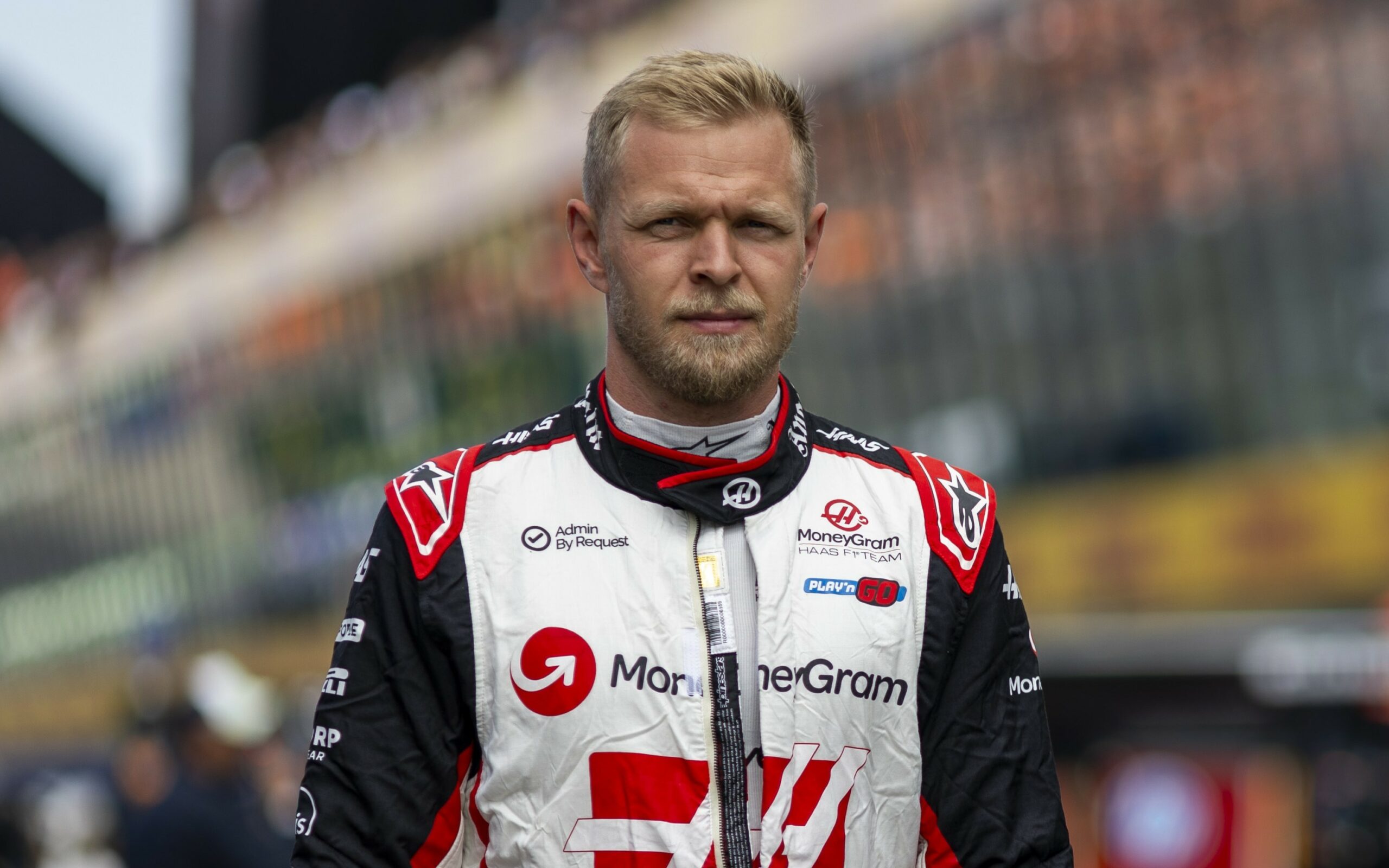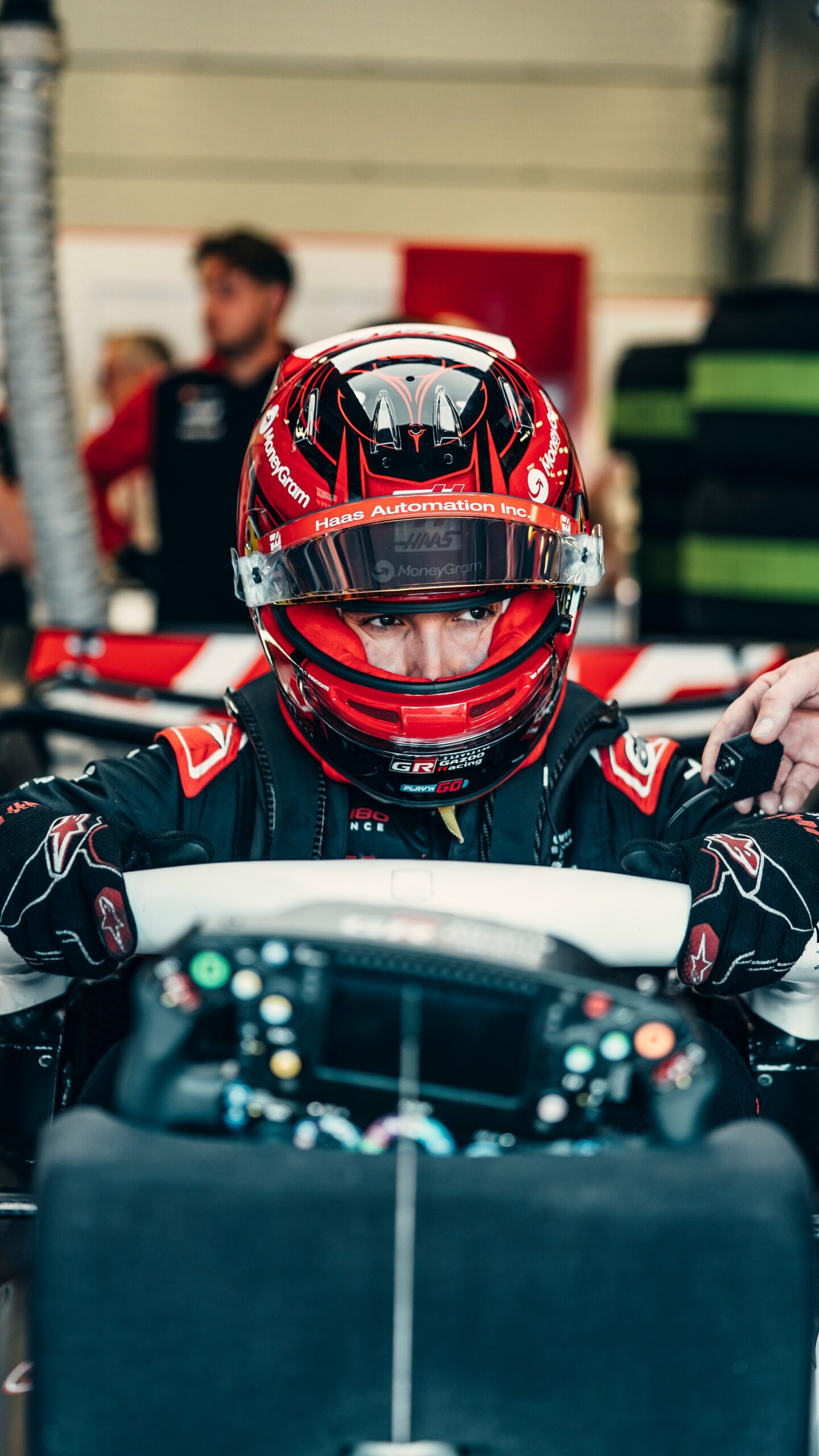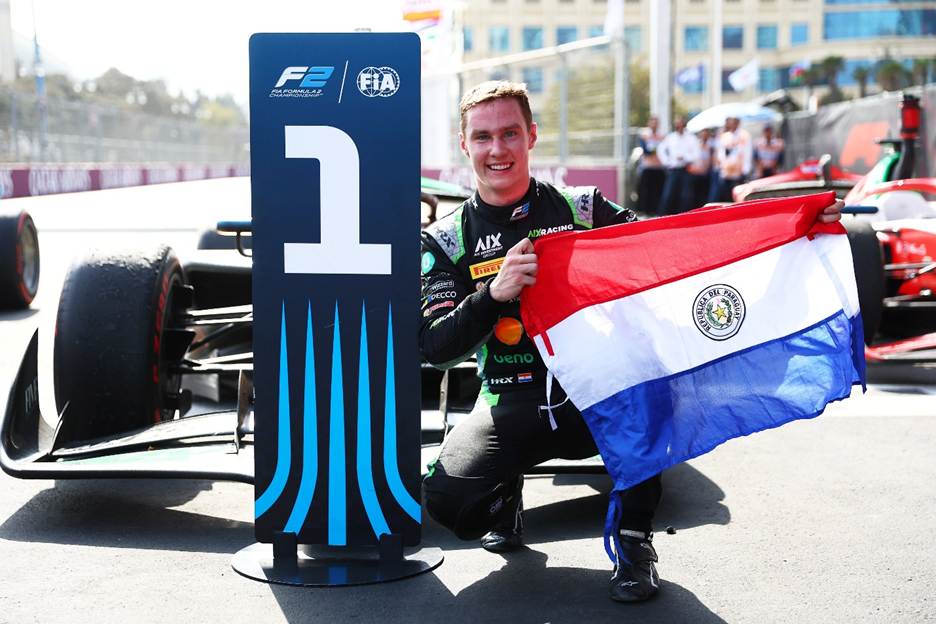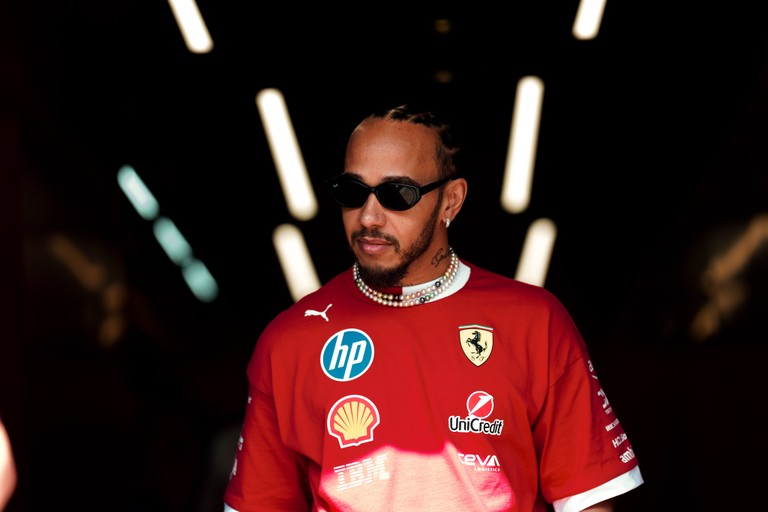Haas driver Kevin Magnussen will miss this weekend’s event in Baku after picking up 12 penalty points within a 12-month period, which resulted in an automatic race ban for the Danish driver. He will be replaced by returning ‘super sub’ Ollie Bearman, who is set to join the American team on a permanent basis in 2025.
The tipping point was Magnussen’s collision with Alpine’s Pierre Gasly during the Italian Grand Prix, which saw the final two penalty points applied to his superlicence, on top of a 10-second time penalty. Gasly himself dismissed the clash as a natural by-product of competitive racing and even offered to speak to the stewards on Magnussen’s behalf in an effort to overturn the decision. He deemed the penalty “unfair,” particularly as both drivers finished the race unscathed, with Magnussen even earning a point for Haas with his P10 finish.
Speaking on Thursday, several drivers weighed in on Magnussen’s predicament and the current penalty system, with many feeling the subject is likely to be broached during the upcoming drivers’ meeting.
George Russell, who currently heads up the GPDA, argued that Formula 1 drivers should set an example for junior drivers, stating that strict penalties serve as a deterrent against “dangerous or erratic driving.”
“Yeah, I mean it’s a conversation that’s been had a number of times in previous years as drivers have sailed close to the wind,” Russell said.
“No one’s been banned in 12 years, so you could argue were the penalty points actually harsh enough? For sure his penalty points from Monza seemed a little bit harsh, but you could also argue some of the other incidents perhaps were not harsh enough.
“I think also we need to set a bit of a precedent as well for the junior series. Those guys look up to us in F4, F3, F2 and you shouldn’t be allowed to get away with dangerous or erratic driving and at some point you do need to be punished for it, so yeah, not much more to say.”
Meanwhile, Nico Hulkenberg defended his Haas teammate, calling Magnussen’s Monza penalties “harsh” and voicing concerns that such punishments could hinder wheel-to-wheel racing between drivers.
“Obviously there’s a history, how that happened and [how Magnussen] accumulated all those penalty points. But if you look just isolated at the Monza incident, I think that’s racing. Pretty straightforward, fair and square racing,” Hulkenberg said.
“I didn’t see two penalty points in that, or that 10-second penalty, even—that’s very harsh in my opinion, and I think most drivers feel the same way about that.
“(…) In my case with Fernando [Alonso, during the sprint race in Austria] and also with Pierre, both drivers said: ‘It’s nothing’ so it seems that whenever there is a little bit of contact, the stewards want to get involved, they want to have a consequence for it.
“The drivers feel that it isn’t really necessary for every contact so maybe the penalty guidelines need to be reviewed and changed because we need to be able to race and it is just difficult otherwise. It will be boring and dull as we can’t race anymore, we’ll just get penalised all the time, but I am sure it will come up in the driver’s meeting, and there will be talks with Niels [Wittich].”
Alex Albon also expressed his reservations about the current penalty system. He believes that penalties should be applied in real-time to better address race-specific incidents, rather than a driver accumulating penalty points on his licence and facing a potential race ban down the line.
“I don’t think anyone’s a real fan of it,” Albon commented.
“Punishment in the race itself should be what’s done. If I look back at the incidents which Kevin created in a couple of races, those races he should have been penalised much more than he was. That set a precedent and he kept repeating them and then it got a little bit messy.”
Albon called out the current system for being inconsistent, noting that it’s not ideal that penalty points reset immediately after a race ban, saying: “There’s been a couple that have been dangerous, but some of them have not been. So it seems a little bit odd. It even seems odd that it resets straight after your one race ban and then you are back on a clean slate again. So I don’t quite understand it.
“We have spoken about it in drivers’ briefings. Everyone’s under an understanding that we’ve just got to shuffle the system around a little bit. It needs to be a little more forgiving around what constitutes penalty points. If it’s done right it can be okay to have.
“I think if it’s genuinely dangerous—I remember I was getting penalty points for track limits. That’s kind of been removed now. I think the whole system is going to get re-worded.”
Albon also brought up the issue of drivers paying the price for a team error. The most recent example of this involved Daniel Ricciardo in Monza, where he was hit with an additional ten-second penalty for failing to serve his initial five-second time penalty correctly while stationary in the pits. It was revealed that a crew member inadvertently touched the front wing before the full five seconds had elapsed—something the driver has no control over.
“There’s other things as well, you know, with traffic and pit entries and when’s the team to blame, when’s the driver to blame,” Albon continued. “Sometimes drivers get points for… team problems, let’s say. We’ll go through it. I’m sure some of it will be addressed for next year.”
Esteban Ocon expressed sympathy for the benched Magnussen and voiced his opposition to the concept of race bans, but remained reticent regarding the Haas driver’s clash with Gasly.
“It’s not up to me to decide, the penalties or the penalty points,” Ocon said. “I think as drivers, we don’t want to see any race bans. Kevin is a good friend of mine and he’s a very strong racing driver, a very strong Formula 1 driver. Yeah, I’m a bit sad to see him miss a race. But I hope that he will come back quickly and show what he’s capable of for the rest of the year.
“I don’t really have an opinion on things. I know that the penalty points system has changed over the year. Like, we were getting penalty points for track limits in the past. I’m glad that this is gone because that was not an unsafe thing, really.
“There’s always room for improvement, for sure. This is for our safety at the end of the day. I think all the drivers are trying to be as safe as they can out there. And it’s not up to me to really judge anything on that side. But the Monza incident, it’s what caused him at the end to miss [this] race. Everyone will have their point of view. I have mine. And that’s it.”
RB driver Yuki Tsunoda suggested that the penalty points system should be updated to reflect the ever-growing race calendar.
“Yeah, I was in a similar situation, I almost got banned two years ago,” he said. “I think if I understood correctly, the penalty points didn’t seem to change over the last 10, 11 years, since they’ve been introduced.
“Now the races are getting more and more, it feels like the penalty points should get a little bit more complaint. It still seems kind of strict for 24 races. Obviously it’s not ideal for the driver and I feel it’s a bit strict, 12 points. But at the same time everyone is in the same position, so we have to deal with it.”





